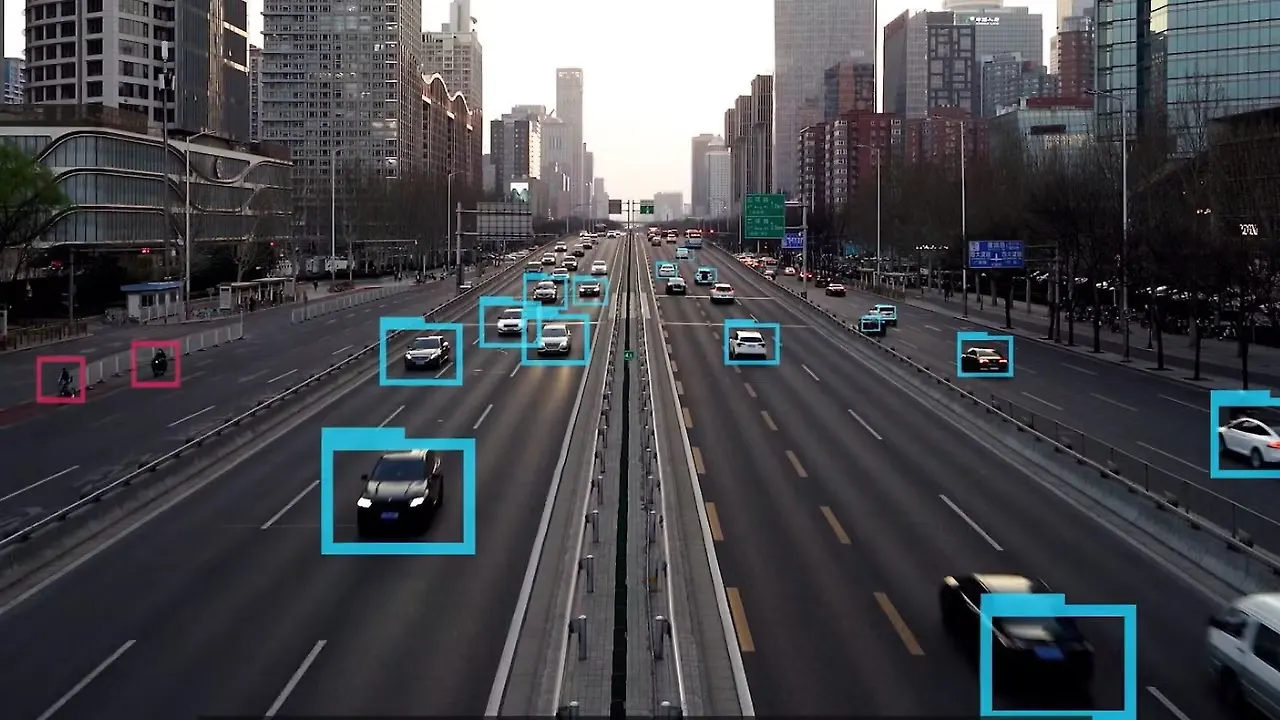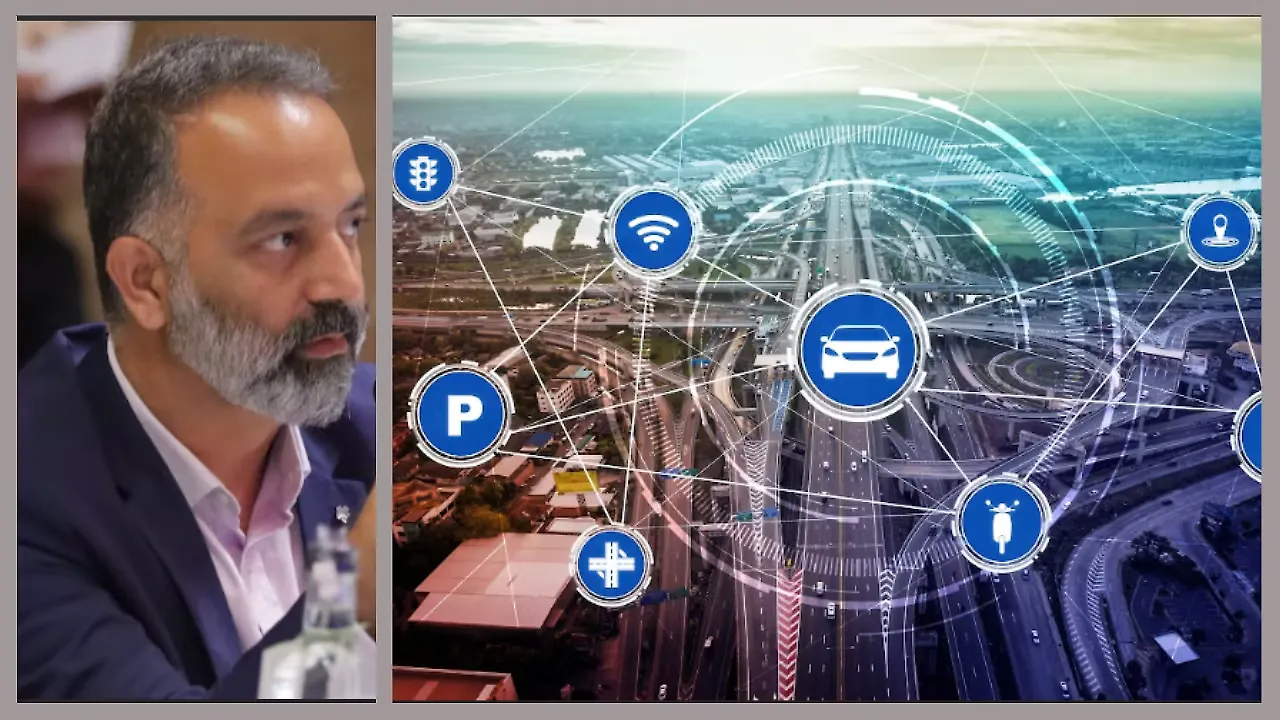
The automotive industry stands at a crossroads where cutting-edge technologies converge to redefine transportation. With advancements in IoT, cloud computing, edge computing, blockchain, AI, and networks, vehicles are no longer just modes of transport—they are becoming intelligent machine in a complex, interconnected ecosystem. But how do these technologies truly reshape mobility, and where do we draw the line between innovation and over-engineering?
Providing insights into these transformative trends, Pavan Choudhary, Practice Lead – Future Mobility at Fujitsu Consulting India, explained to Mobility Outlook that while technology convergence is reshaping the automotive landscape, caution must be exercised to avoid overloading vehicles with technology for its own sake.
'Creating smart vehicles is essential, but they must not be over-engineered,' he explains. 'As long as humans are behind the wheel, there will always be a need to override systems and take complete control. Vehicles should still deliver reliable performance, whether systems are engaged or not.'
Blockchain, for instance, offers unparalleled potential for secure supply chain management, contract handling for leased vehicles, and vehicle-to-payment gateway interactions. However, Choudhary believes the focus should remain on refining these technologies for practical applications rather than overwhelming drivers with features.

High-Performance Computing: A Double-Edged Sword
The rise of high-performance computers (HPCs) in vehicles is another hot topic. While HPCs promise to replace traditional ECUs with a centralised or zonal architecture, the transition is fraught with challenges. 'Dependence on HPCs introduces risks, especially in harsh conditions,' Choudhary notes.
The industry is currently experimenting with phased implementation, weighing the merits of centralised control against distributed systems. 'The shift from grease and oil to wafers and chips is fascinating, but it demands careful deliberation to ensure reliability and safety,' he adds.
Hydrogen: The Next Frontier In Sustainable Travel
Hydrogen fuel technology is capturing global attention as a viable alternative to fossil fuels. Choudhary, a strong advocate for hydrogen, highlights its transformative potential across upstream, midstream, and downstream applications.
'From port operations and shipping to heavy trucking and railways, hydrogen is poised to revolutionise sectors before transitioning to public and passenger transport,' he says. However, challenges remain—such as infrastructure development, handling complexities, and ensuring safe storage and transportation. Despite these hurdles, Choudhary is optimistic; 'the industry is evolving, and startups are playing a crucial role in advancing hydrogen hybrids and conversion kits.'
Navigating Complex Automotive Ecosystem
Beyond technology, the automotive ecosystem is a maze of variables. R&D budgets are increasing as OEMs experiment with new ideas, insurance companies grapple with underwriting for advanced tech, and financiers evaluate end-of-life vehicle value.
Sustainability is also reshaping ownership models, with varying consumer demands across demographics. 'We’re seeing a complex matrix emerge, with unique challenges at every level,' Choudhary observes.
A Convergence-Driven Future
As technologies like AI, IoT, and blockchain mature, their integration into vehicles will shape smarter, more sustainable mobility. However, this journey requires balance—leveraging innovation without sacrificing the joy of driving or the reliability of simpler systems.
With evolving consumer expectations, regulatory landscapes, and technological breakthroughs, the automotive industry stands poised to deliver vehicles that are not just smarter but also safer, sustainable, and aligned with the future of mobility.
Also Read:
Combining In-Vehicle Computing & Cloud Functions Key To Ensure Safety, Efficiency

